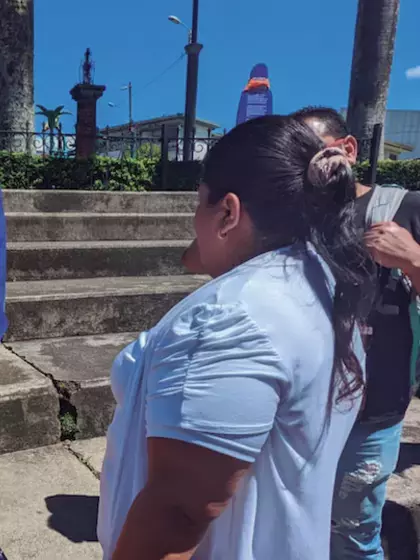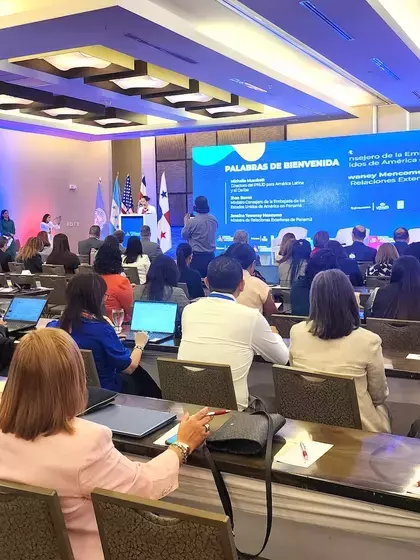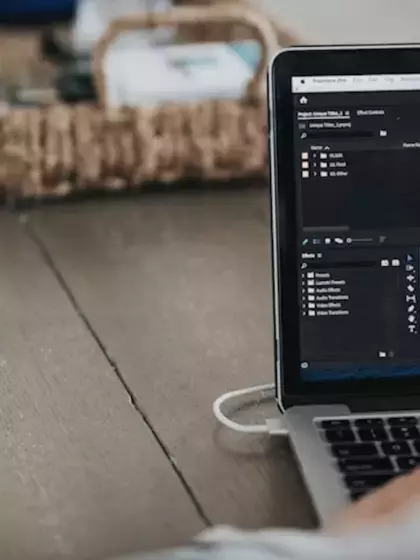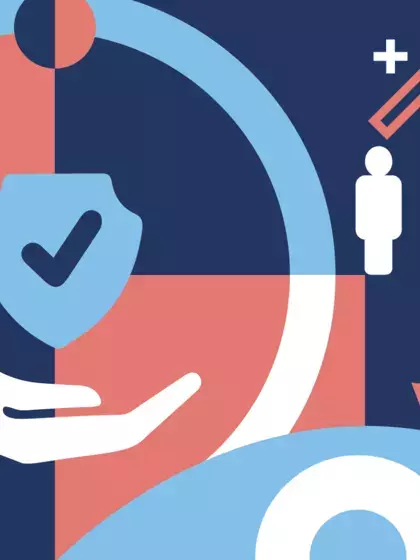Disinformation: Global Threat in the Twenty-first Century
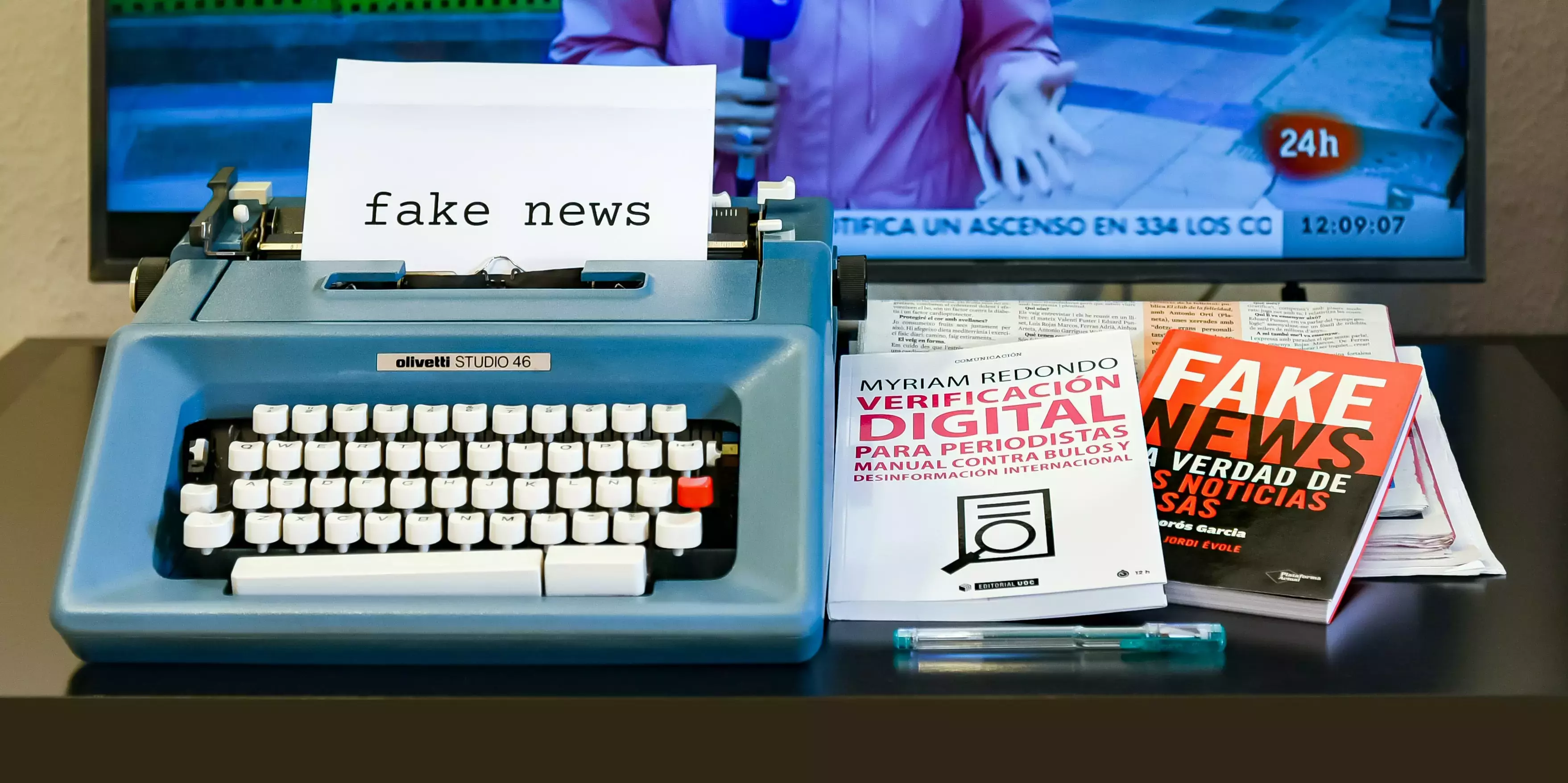
Threats to world security have changed a great deal in recent decades. The twenty-first century–with its Internet, augmented reality, social media and all–is up against new challenges, requiring new responses from us, such as enacting and enforcing new regulatory frameworks for the changing world of technology.
All over the world, but particularly in our region, one of these security threats is inching forward almost noiselessly. Nevertheless, its medium-term effects may prove to be devastating. This is an issue that jeopardizes information and the quality of democracy. We are referring to disinformation.
Although it is nothing new, this phenomenon has grown exponentially in recent years, irrespective of borders, ideologies or social strata. It is a threat looming over migration, citizen security, gender equity or LGBTQ+ issues, but it becomes more dire during election processes, when the dissemination of fake news and polarized discourse comes to a climax, threatening the quality of public debate and electoral integrity.
"Election processes are particularly risky moments, with regard to the dissemination of fake news and hate speech," warns Emanuele Sapienza, Policy Adviser for UNDP in Latin America and the Caribbean, and disinformation expert. Sapienza does not see this as the exclusive problem of any specific demographic or political group. "Everybody is susceptible to becoming disinformed and to helping propagate disinformation, at times it isn't even voluntary," he says.
The effects of disinformation go beyond the sphere of information. It can undermine the quality of democracy, and threaten a country's economic performance. It can enervate social cohesion and public trust, which in turn can exacerbate social polarization. In this sense, Sapienza calls to mind the words of writer and political theorist Hannah Arendt (1906–1975): “The result of a consistent and total substitution of lies for factual truth is not that the lie will now be accepted as truth and truth be defamed as a lie, but that the sense by which we take our bearings in the real world is being destroyed.”
The UNDP specialist points to media literacy as one of the significant risk factors in propagating disinformation in Central America and the Caribbean. Consequently, education plays a crucial role in the struggle against the proliferation of fake news and the promotion of information responsibility.
Although disinformation is propagated by way of different channels, everything from traditional mass media to social media outlets, "the latter pose specific challenges," states Sapienza. Algorithms that prioritize content on the social media platforms can contribute to disseminating misleading information or even reproducing stigmas and forms of discrimination. In addition, encrypted messaging platforms like Twitter (now X) and Telegram pose an additional challenge in that, "most of the information circulating on these services evades public scrutiny," the UNDP specialist reminds us.
To address these challenges, the UNDP has taken on a leadership role in the region. The UNDP Accelerator Laboratories work to understand the way fake information is propagated in different contexts. Eight Latin American countries, from Argentina to Mexico, passing through Paraguay, Ecuador, Colombia or the Dominican Republic, innovative initiatives are being pursued. Some include fact checking on participatory platforms and even communications campaigns and workshops for training journalists.
As part of its evidence-based dissemination work, InfoSegura held a post-COVID-19 online event called, "Narratives and information contamination about vulnerable groups: The cases of Panama and Venezuela." This was broadcast on an episode of DatAction, InfoSegura's community of experience sharing and knowledge management, in order to connect, shed light on- and energize the work of the Country Offices, Regional Centre and all governmental, civil society and academia partners.
Countering disinformation effectively in the region involves promoting media literacy and enhancing public institutions' capacities to provide access to reliable and accurate sources of information. Sapienza insists that "there are no simple solutions for addressing disinformation, it requires putting together comprehensive responses that include multiple approaches."
In the struggle against disinformation in Latin America, collaboration is of the essence. From informed citizens to institutions, governments and media outlets, every stakeholder has a crucial role to play in preserving information integrity. This is a challenge that transcends borders and ideologies, and requires a collective approach and engagement to achieve an informed and empowered society.


